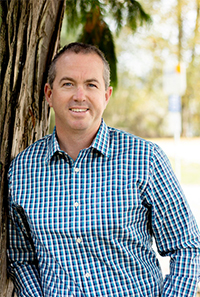A Summer Institute that was organized around an elementary course titled “Advanced Physical Education” (EDCP 420) feature a poster presentation, invited guest speakers, Dr. Stephen Berg, University of British Columbia – Okanagan (UBC-O); Lise Gillies, Indigenous Sport, Physical Activity & Recreation Council (I·SPARC; Alexandra Inglis, After-School Sports and Arts Itinerant Teacher, SD 73 (Kamloops-Thompson); Dr. Guy LeMasurier, Vancouver Island University (VIU); Steve McGinley, University of British Columbia (UBC); Josh Ogilvie, PHE Department Head /Burnaby Schools, PHE BC Executive; and Dr. Joanna Sheppard, University Fraser Valley (UFV).
In the form of presentations and hands-on activities, the Summer Institute introduced teachers to the Elementary Physical and Health Education (PHE) curriculum, content knowledge, pedagogical content knowledge, practical experiences, and professional responsibilities of a successful elementary school teacher. In this way, the elementary teachers’ level of confidence and competence when delivering the British Columbia (BC) PHE Curriculum improved greatly.
During the one-week course, participants worked through modules on the BC PHE K-7 curriculum, the Indigenous holistic approaches to teaching and learning, creating equity, diversity and inclusion in PHE, quality physical education, assessment, physical literacy and the comprehensive school health model. Moreover, the participants worked asynchronously and synchronously on their own and with others while being guided by leaders from BC school districts, Indigenous Sport Physical Activity and Recreation Council, and several BC Universities.
The Summer institute was designed to 1) increase participants’ level of confidence and competence when delivering the BC PHE curriculum; 2) implement activities that increase the time of day their students are active; 3) use physical activity to support their students’ mental well-being; 4) identify the value of physical activity for one’s own mental health and mental well-being as well as increase their knowledge of physical activity as a mechanism in support own mental well-being; 5) learn culturally relevant and responsive pedagogies to advance an understanding of Indigenous ways of knowing and being in relation to physical activity, health and well-being; and 6) explore and identify ways to embed EDI practices within a PHE learning environment.
An example of the capstone out of the institute can be found at Adam Knowlson (student) – Capstone Project video.
Link to course poster.
